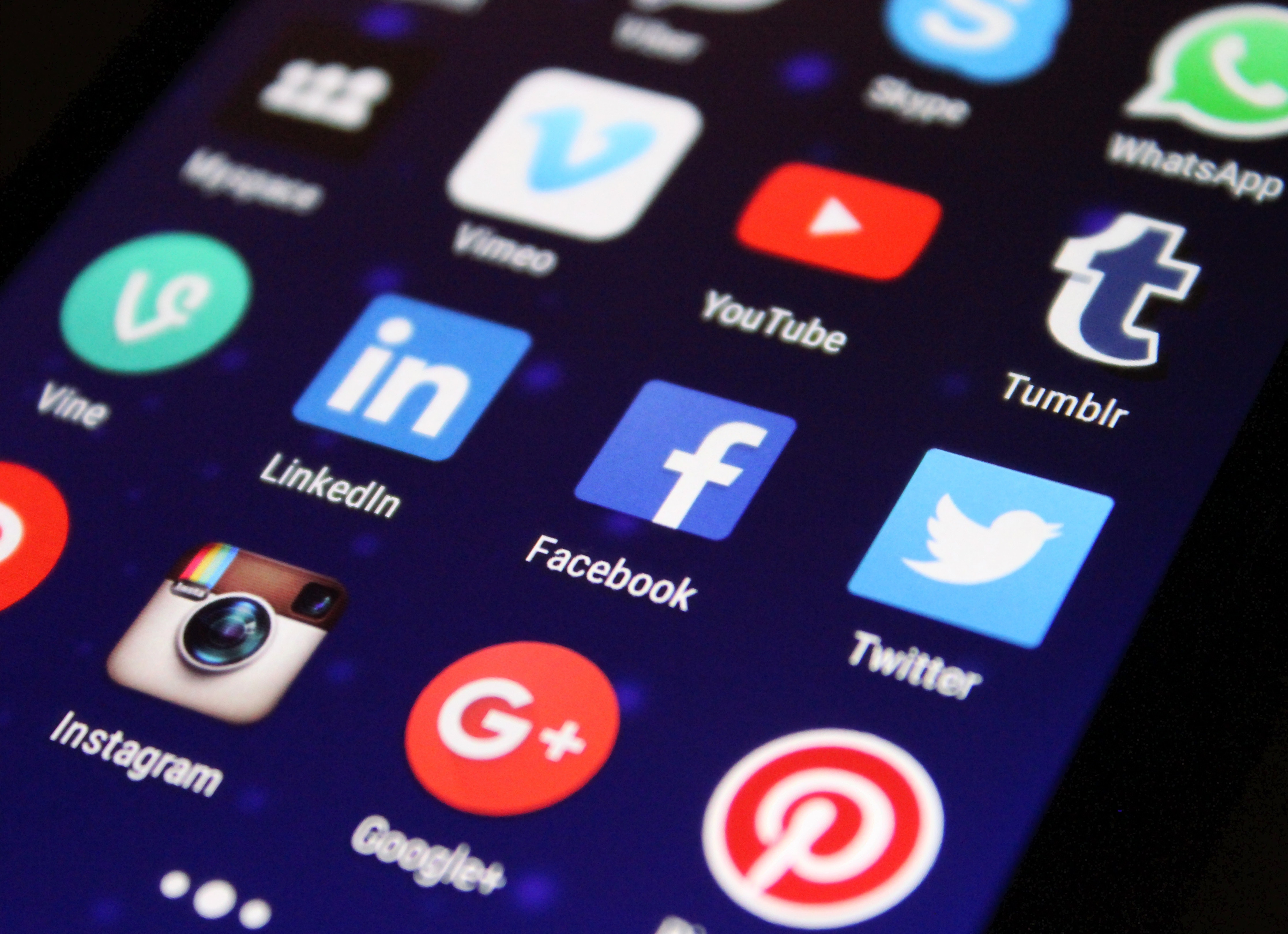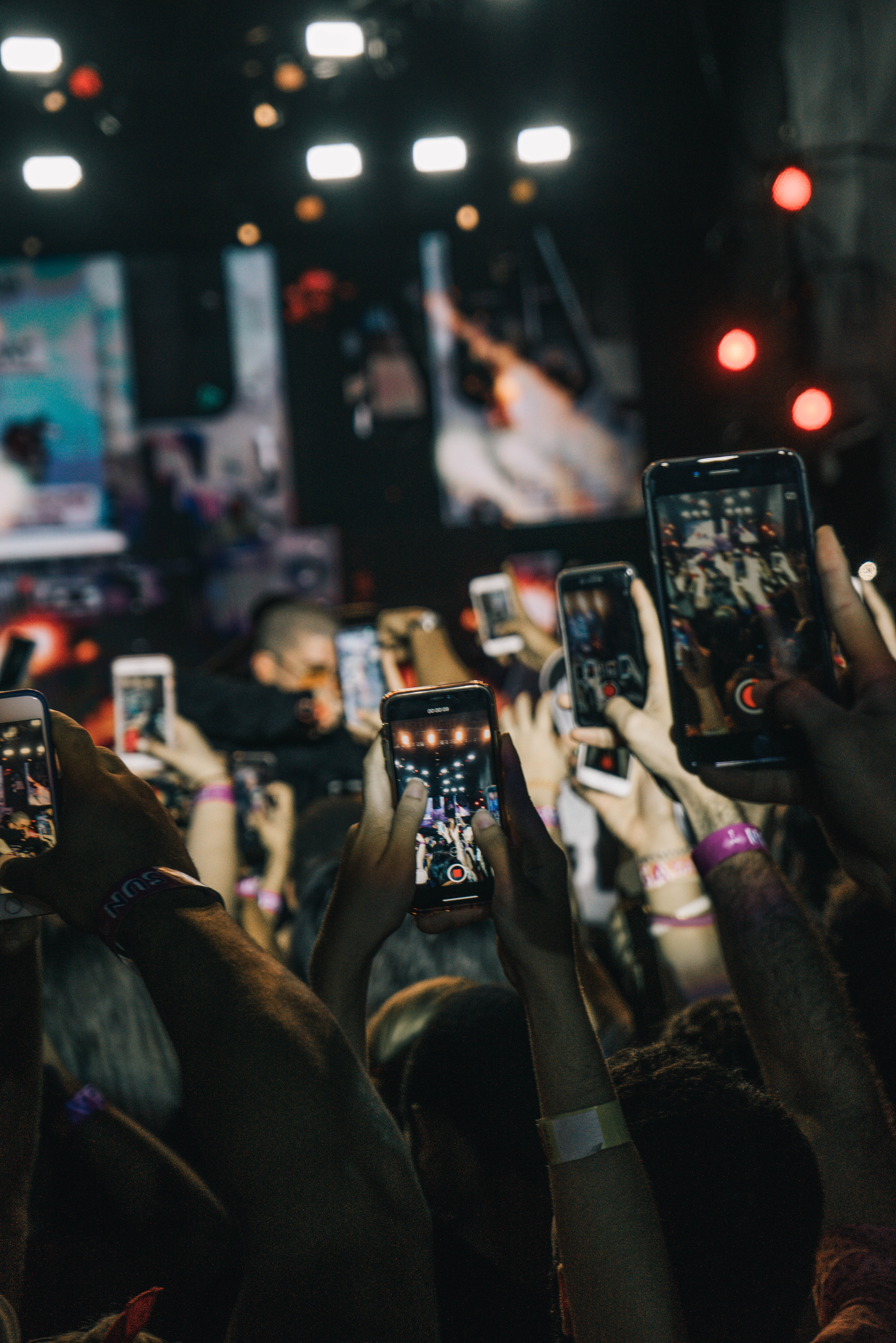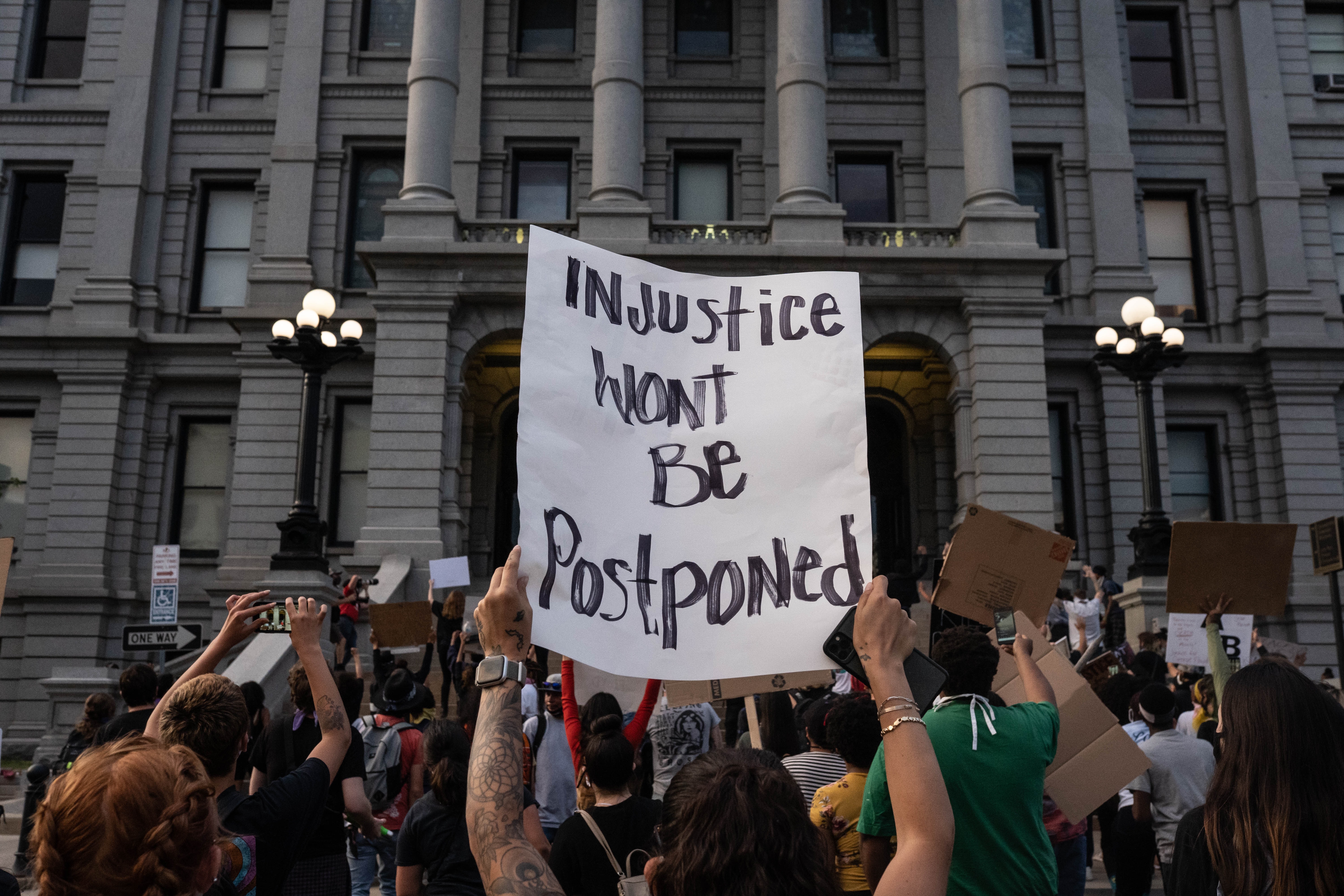4.2 AP Spanish Lang Unit 4 Notes: Social Media
4 min read•july 10, 2021
AP Spanish Language 🇪🇸
54 resourcesSee Units
4.2 Social Media 🤳📱
Today, social media has invaded every aspect of our lives. It has influenced the ways we shop, research, look for entertainment, communicate, and so much more... It has made the world seem smaller by allowing people to be more connected. For all their advantages, there are serious consequences involved in the rise of Facebook, Instagram, WhatsApp, etc., and our increased dependence on using them.
Let’s take a look at both the positive and negative components of social media, all of which can be applicable in the USA and Spanish speaking countries, as well as how social media has had a pivot role in recent current events in the US and Spain.

El Positivo 📈
- Effective and easy communication made possible through email and text messaging services, regardless of what type of phone you have.
- WhatsApp specifically revolutionized how we text messages on a global scale. It allows you to send messages, pictures, videos, and voice recordings using WiFi rather than relying on a cell phone carrier.
- WhatsApp is the dominant form of messaging worldwide and is abundantly popular in all Spanish speaking countries, from Mexico down to Argentina, and across the ocean in Spain
- Improves business interactions and allows small businesses a stage for both local and global audiences.
- Need information quickly? A recipe? A movie quote? You got it on numerous social media sites!
- Researchers, doctors, and scientists can easily convey their findings and share scientific developments, creating a broader interchange of ideas.
El Negativo 📉
- It’s easy to become addicted to screens and sacrifice time with friends & family.
- The rise of social media platforms in popular culture has led to dangerous comparisons in regards to body confidence and self-esteem. Unfortunately, this has led to an increase in teen suicide rates within the past decade.
- Not every person has the same amount of access to WiFi/social media, creating a divide between people and cultures.
- Easy availability of illegal or inappropriate materials.
- An abundance of information from both credible and non-credible sources makes the truth behind situations and studies confusing and socially divisive.

Political Implications 🪧
Social media has given everyday citizens the power to communicate instantaneously, record what’s going on in their city, and broadcast it on a global stage. As a result, we’ve seen in many countries how social media has launched uprisings, demonstrations, or at the very least, greatly altered public opinion.

- Black Lives Matter Movement
- Co-Founder Alicia Garzia shared the hashtag #BlackLivesMatter after the murder of Trayvon Martin in 2013.
- Since then, social media has become the dominant force of promoting the message that black lives matter and bringing public attention to consistent police brutality in the black community.
- This past summer of 2020, the recording of George Floyd’s murder by 17-year-old Darnella Frazier reignited the movement and forced Americans to witness with their own eyes the murder of an innocent black man.
- Her recording was the single most important piece of evidence in the Derek Chauvin trial that found him guilty on all 3 accounts, as well as causing an awakening to many Americans the importance of the #BLM movement.
- #MeToo
- The hashtag #MeToo created a viral sensation in 2017 after multiple sexual allegations against movie mogul Harvey Weinstein went public.
- Celebrities began by spreading the hashtag #MeToo on Twitter and Instagram and opened the floodgates on the sexual abuse women have faced everywhere, including outside of Hollywood.
- Americans (and non-Americans too) began to share their stories and draw public attention to the previously tabu topic of sexual assault.
España 🇪🇸
- Catalan Independence Movement
- Since 2012, the region of Catalan in northern Spain has been asking for autonomy and complete independence from Spain.
- Social media has helped Catalan protesters organize demonstrations, and helped mobilize votes in a 2017 referendum vote to approve a resolution declaring independence from Spain.
- Although the declaration did not receive recognition from the international community, social media still paved the way for Catalonia residents to share their beliefs and continue to publicly protest Spain’s refusal of their independence.
- Actualizar - update
- Agregar - to add
- Borrar - to delete
- Mensajería instantánea - instant messaging
- Difundir - to spread
- Chatear - to chat
- Mercadeo - marketing
- Foro - forum
- Influenciador(a) - influencer
- Descargar - to download
- Enlace - link
- Etiquetar - to tag
- Red social / redes sociales - social media
- Mandar un tweet - to send a tweet
- Piratería - pirating
- Seguidores - followers
- Suscriptores - subscribers

Strive for Five Vocab 🔑
Browse Study Guides By Unit
👨👩👧Unit 1 – Families in Spanish-Speaking Countries
🗣Unit 2 – Language & Culture in Spanish-Speaking Countries
🎨Unit 3 – Beauty & Art in Spanish-Speaking Countries
🔬Unit 4 – Science & Technology in Spanish-Speaking Countries
🏠Unit 5 – Quality of Life in Spanish-Speaking Countries
💸Unit 6 – Challenges in Spanish-Speaking Countries
🙏Exam Reviews

Fiveable
Resources
© 2023 Fiveable Inc. All rights reserved.